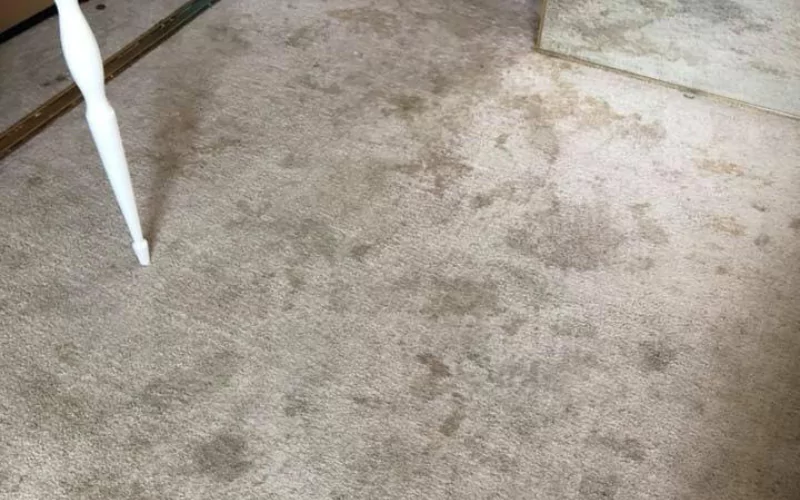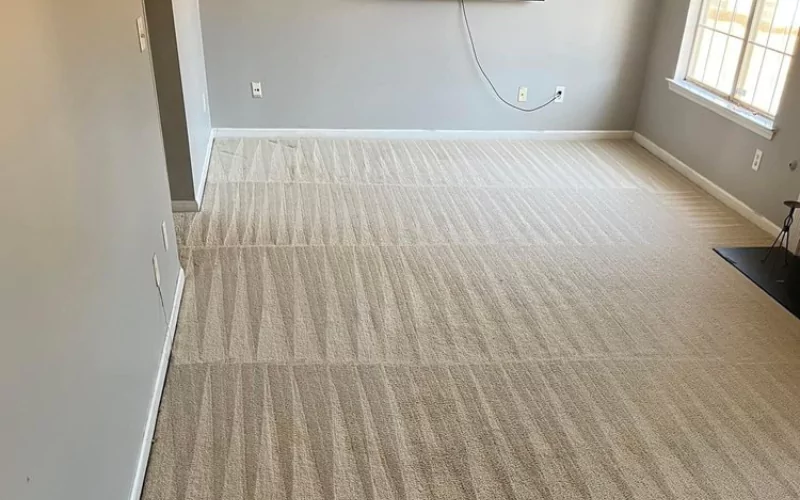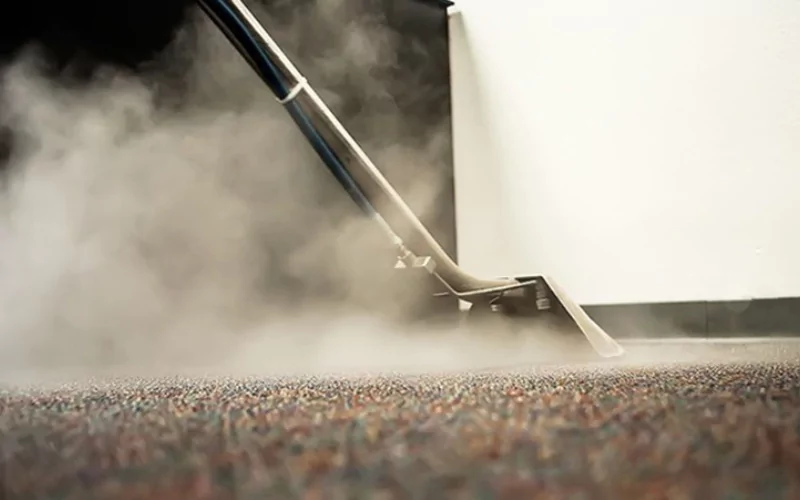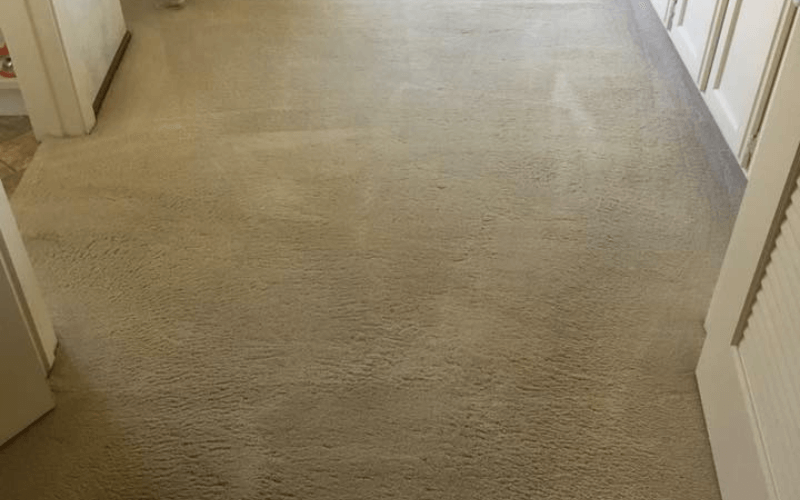Indoor air quality plays a crucial role in maintaining a healthy living environment, yet your carpet is an often-overlooked factor that can significantly impact it. Over time, carpets can accumulate allergens, moisture, mold, and unpleasant odors, all of which can degrade the air you breathe in your home.
Understanding how dirty carpets impact indoor air quality and taking proactive steps to address these issues can help you create a fresher and healthier home. In this blog, we’ll explore the common problems associated with dirty carpets and provide solutions to improve air quality.
5 Major Problems Associated with Dirty Carpet for Indoor Air Quality
1. Trapped Allergens
Dirty carpets can harbor dust mites, pet dander, pollen, and other allergens, which easily get trapped in the fibers. When disturbed, these particles become airborne and degrade indoor air quality, leading to allergies or respiratory issues. Regular vacuuming and deep cleaning help minimize these contaminants, promoting a healthier environment for residents.
2. Organic Compound
Carpets can absorb volatile organic compounds (VOCs) from cleaning products, paint, and other household materials. These compounds get trapped in carpet fibers and gradually release into the air, potentially causing headaches, nausea, or irritation. Prolonged exposure to high levels of VOCs can contribute to poor indoor air quality, affecting overall health and well-being.
3. Moisture
Carpets can absorb moisture from spills, humidity, or improper cleaning, creating a breeding ground for bacteria and fungi. This trapped moisture affects indoor air quality by promoting microbial growth, which can cause unpleasant odors and respiratory issues. Proper ventilation and drying techniques are crucial to prevent long-term moisture problems in carpets.
4. Mold and Mildew Growth
When carpets are exposed to moisture without proper drying, mold, and mildew can develop within the fibers. These microorganisms release spores into the air, contributing to poor indoor air quality. Mold exposure can trigger allergies, asthma, and other respiratory problems, especially in sensitive individuals. Routine deep cleaning and moisture control help prevent these hazards.
5. Lingering Smells
Dirty carpets can absorb and retain odors from pets, food, and other sources, which can negatively affect the overall air quality. As these smells persist, they can contribute to a stale, unpleasant indoor environment. Regular carpet cleaning, deodorizing, and proper ventilation help eliminate lingering odors, keeping the indoor air fresh and inviting.
Tips to Keep Carpets Clean for Better Indoor Air Quality
- Vacuum carpets regularly with a HEPA Filter to remove dust, dirt, and allergens.
- Deep clean carpets at least twice a year.
- Improve ventilation to reduce moisture and odors.
- Implement a no-shoe policy to avoid dirt entering the home.
- Steam clean carpets to kill hidden bacteria and allergens and extend the life of your carpet.
Call Professional Carpet Cleaning Company for Periodic Cleaning
With dirty carpets, numerous health problems can arise, leading to overall health risks. Allergens, moisture, mold, and lingering odors trapped in the carpet can negatively affect the air quality in your home, contributing to respiratory issues and other health concerns. It is how significantly dirty carpets impact indoor air quality, making regular cleaning essential for a healthier environment.
To Avoid this, professional carpet cleaning can help address these issues more effectively than regular vacuuming. We use advanced equipment and techniques to deep clean carpets, removing deeply embedded dirt, allergens, and moisture. We can also treat mold and odors, ensuring your carpets not only look clean but also contribute to better air quality in your home.




